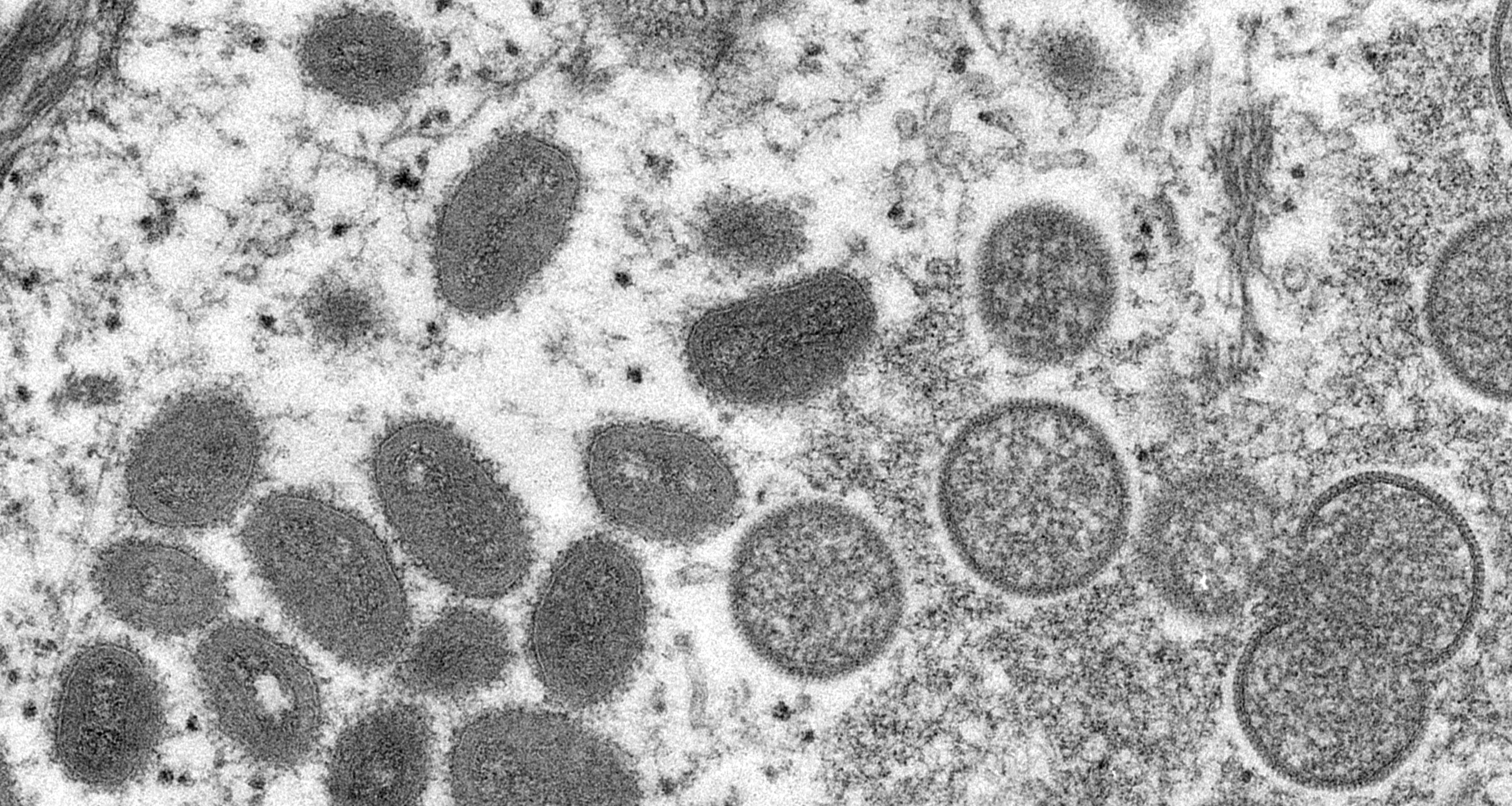Monkeypox: UK Health agency updates list of symptoms
There have been more than 2,200 reported cases in the UK to date.

Words: Alastair James; pictures: Wiki Commons
The UK’s Health Security Agency (UKHSA) has updated the list of symptoms in light of new evidence uncovered during the ongoing outbreak.
On Monday (25 July) the Agency added a single lesion or lesions around the genitals, anus and surrounding area, the mouth, and any anal or rectal pain or bleeding to the existing list of symptoms.
#Monkeypox update
The case definition criteria for possible and probable Monkeypox cases has been updated to include new symptoms for individuals to look out for, and for clinicians to use to assess if someone has Monkeypox.Read more: https://t.co/008enr6vyS
— UK Health Security Agency (@UKHSA) July 25, 2022
Meera Chand, the Director of Clinical and Emerging Infections at UKHSA, says: “We have updated our case definitions to reflect the clinical presentations that have been seen during this outbreak.
“It is important to recognise that just one or two genital or anal lesions or lesions in the mouth can be signs of monkeypox, especially if you have had a new sexual partner. If you think you have monkeypox, stay at home and contact 111 or your local sexual health service for advice.”
They also say that “There is still a need to be cautious and stay alert for symptoms. For many, symptoms can be mild but for some people, hospital treatment may be required.”
The UKHSA continues to emphasize that anyone can catch monkeypox, despite the majority of UK cases being in gay and bisexual men and men who have sex with men.
Most people are able to manage their symptoms at home and there have been no deaths as a result of monkeypox in the UK.
Other symptoms of monkeypox include fever, aches and pains, tiredness, chills, swollen glands, and a rash that appears after a few days starting on the face and hands and spreads to the rest of the body, including the genitals.
Got a rash with blisters plus aches, a fever and swollen glands?
You could have #monkeypox.Anyone can catch it through close physical contact, or by sharing towels or bedsheets.
Keep everyone safe by avoiding close contact with others & visit https://t.co/sQz88DMgbM
— UK Health Security Agency (@UKHSA) July 25, 2022
It can take up to three weeks for symptoms to appear after contact with someone with monkeypox, so people are being advised to stay alert for symptoms after you have skin-to-skin or sexual contact with someone new.
According to the latest data from the UKHSA, there have been 2,208 confirmed cases in the UK with 2,115 in England. 74 percent of England’s cases (1,549) are in London.
On Saturday (23 July) the World Health Organisation declared the outbreak a global health emergency – the organisations’ highest level of alert.
The Attitude July/August issue is out now.
